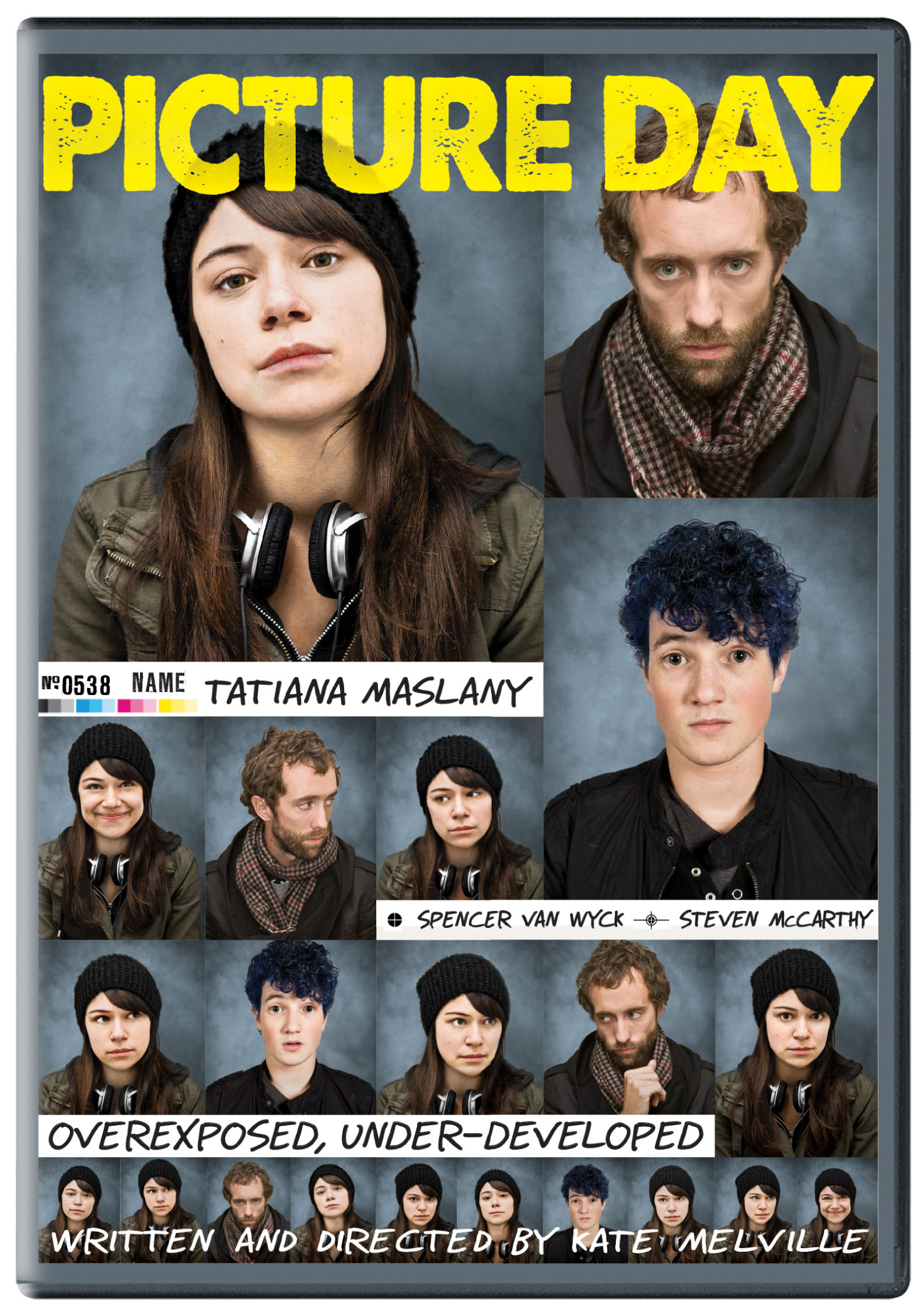TIFF darling and award-winner “Picture Day” is now out on DVD and VOD. The film is directed by Kate Melville and stars “Orphan Black” star Tatiana Maslany along with Spencer Van Wyck and Steven McCarthy. The film takes a look at a girl named Claire (Maslany), who is forced to repeat her senior year in high school. At night, she indulges in a relationship with rocker Jim (McCarthy), but during the day, she bonds with freshman Henry (Van Wyck), a boy she used to babysit.
ShockYa was happy to be able to speak with Maslany about playing Claire, a role that she said offers a unique perspective on sexuality and the complexity of character. Maslany also discussed how she got into character, what she hopes audiences learn from the film and more.
How did you get into character?
Tatiana Maslany: I don’t know. I used my own experiences as a teen and just tried to bring as much honesty as I could with the script and understand where Claire was coming from. I was extremely lucky to have some incredible working partners to bounce off of and play off of. Spencer and Steven were the two that I had the most interaction with and they both were incredibly generous, incredibly talented actors. It never felt like we were acting; it just felt like playing and finding it together. So yeah, it was a really great experience.
We’ve probably all had that one kid in high school that seemed like they were too cool for school but ultimately had some other troubles going on. Did taking on the character of Claire make you revisit some of your high school memories and think about some of your classmates with a different perspective?
Tatiana Maslany: Yeah, totally. I know so many girls who are like Claire and I think I was excited by girls like Claire and I was intimidated by them and wanted to be them. [I] probably thought that their lives were quite exciting and sexy and fun and just sort of a constant riot. But the truth is that everybody’s got their shit they’re dealing with, and the cool thing about Claire is that while she puts out this very confident, very fun-loving, very devil-may-care exterior, her interior is so vulnerable and so raw and so afraid and so in need of somebody and real connection. I think that’s why she has that exterior. I don’t think I could have known that in high school, but stepping outside of it and being quite older than teenagers, I was able to look at it more clearly.
This film premiered at TIFF. What was it like to be at TIFF and experience their reactions?
Tatiana Maslany: It was amazing. It was so unexpected, the incredible response we had to the film. So lucky were [seeing] it. It’s just this little film that we shot for no money, with no budget and no time. People really responded to it and I think because it wasn’t flashy, because it told a simple story about real human relationships and I think that’s why it resonated with people. TIFF is the most incredible festival. It has the highest citizen audience rate. So many people who aren’t in the film industry go to watch the films and that’s who you want to make films for. You don’t want to make films for the people who are in the industry. It’s incestuous. It’s exciting when people who are accountants or teenagers or whoever can watch it and relate to it.
What do you hope audiences take away from the film?
Tatiana Maslany: I think that I hope that they’re challenged as to what you were speaking about–seeing somebody and understanding that there’s a great deal of complexity to someone that you might not see on the exterior and that every single one of us deserves empathy and that every single one of us has had pain and every single one of us loves. I hope that that’s what people take from it, kind of a deeper understanding that what we put out there on the outside is definitely not the truth of what is going on on the inside of us. Also, just compassion for everyone’s different childhoods. We have a lot of shame, I think, about who we were in high school and embarrassment about what we looked like and the things we believed in and what we said. I hope people have a compassion for who they were in high school and who they were as a kid because, you know, that’s the core of who we are.

